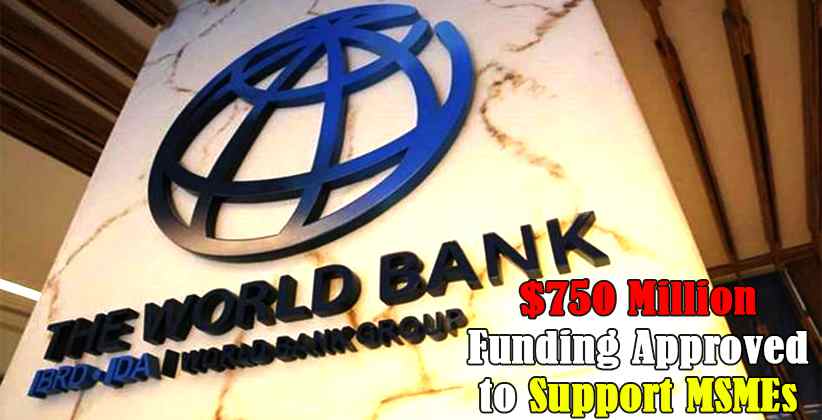On Thursday, 2nd July 2020, the Executive Board of Directors of World Bank approved for a loan of USD 750 million MSME Emergency Response program to support funding to micro, small, medium enterprise (MSMEs) which were severely affected by the COVID-19 pandemic. The program will aim to boost the funding capacity of small finance banks (SFBs) and non-banking financial companies (NBFCs) in the MSME sector. World Bank said, This program will address the immediate liquidity and credit needs of some 1.5 million viable MSMEs to help them withstand the impact of the current shock and protect millions of jobs. The loan has a maturity of nineteen years including a five-year grace period. This is the first step among a broader set of reforms that are needed to propel the MSME sector over time
India's manufacturing production increased dramatically in June but remained in contraction mode for the third straight month, as demand and performance suffered from three months of lockdowns to curb the spread of coronavirus. The seasonally adjusted IHS Markit India Manufacturing PMI Index grew to 47.2 in June from 30.8 in May. Reading below 50 indicates contraction. In terms of the rise, the latest reading pointed to a third consecutive monthly fall in the health of the manufacturing sector, although one that was far softer than that reported in April and May. PMI dropped to 27.4 in April from 51.8 in March, its lowest reading since data collection began over 15 years ago. In the last three months, the World Bank has dedicated $2.75 billion to finance India's emergency response to COVID-19. It includes $1 billion for India's health care system and another $1 billion to increase cash transfers and food benefits for the poor and underprivileged.
Junaid Ahmad, World Bank Country Director in India said, The MSME sector is central to India's growth and job creation and will be key to the pace of India's economic recovery, post-COVID-19. The immediate need is to ensure that the liquidity infused into the system by the government is accessed by MSMEs. He added, The overall financing ecosystem for MSMEs also needs to be strengthened. This operation seeks to achieve both these objectives by furthering the role of NBFCs and SCBs as effective financial intermediaries and leveraging fintech to broaden the reach of finance into the MSME sector.
The World Bank on Sunday, 28th June 2020, said that its board of executives approved a project worth $500 million to enhance learning produce and governance of government schools in six Indian states. The project named STARS (Strengthening Teaching-Learning and Results for States Program), will be implemented through the Samagra Shiksha Abhiyan, the flagship central scheme, in partnership with Himachal Pradesh, Kerala, Madhya Pradesh, Maharashtra, Odisha, and Rajasthan.
A statement by World Bank said, STARS will help improve learning assessment systems, strengthen classroom instruction, and remediation, facilitate school-to-work transition, and strengthen governance and decentralized management. It added, However, learning outcomes across age groups remain below par. STARS will support Indias renewed focus on addressing the learning outcome challenge and help students better prepare for the jobs of the future through a series of reform initiatives.






